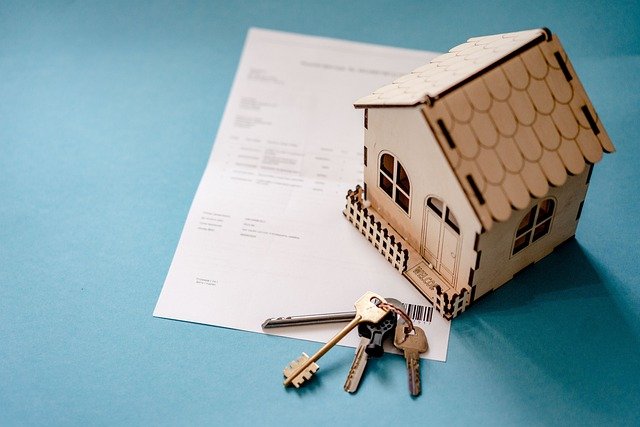Rent to Own Homes: A Comprehensive Guide to Alternative Homeownership
Rent to own homes offer a unique pathway to homeownership, blending elements of renting and buying into a single arrangement. This innovative approach allows potential buyers to move into a property immediately while working towards full ownership over time. For many, it's an attractive alternative to traditional home buying, especially in challenging real estate markets or for those who need time to build their financial profile.

How does the rent to own process work?
The rent to own process begins with a contract between the property owner and the potential buyer. This agreement outlines the terms of the rental period, the option fee (if any), the purchase price of the home, and the timeline for exercising the option to buy. Throughout the lease term, the tenant pays rent as usual, with a portion potentially being set aside for the future purchase. At the end of the lease, the tenant can choose to buy the property using the accumulated credits and additional financing, or walk away from the deal.
What are the benefits of rent to own agreements?
Rent to own agreements offer several advantages for both buyers and sellers. For potential buyers, these arrangements provide time to improve credit scores, save for a down payment, and test out a home before committing to purchase. It can be particularly beneficial in competitive real estate markets where properties sell quickly. Sellers benefit from a steady rental income while potentially securing a future sale, which can be especially useful in slower markets or for unique properties that may take longer to sell conventionally.
Are there risks associated with rent to own homes?
While rent to own homes can be advantageous, they come with certain risks. Tenants may lose their option fee and any accumulated purchase credits if they decide not to buy or can’t secure financing when the option period ends. There’s also the risk of property value fluctuations; if the market declines, tenants might be locked into a purchase price higher than the home’s current value. For sellers, the main risk is the uncertainty of whether the tenant will ultimately purchase the property, potentially leaving them in limbo for an extended period.
How to find legitimate rent to own opportunities?
Finding legitimate rent to own opportunities requires diligence and research. Start by looking for listings on reputable real estate websites or working with a local real estate agent familiar with these arrangements. Be wary of deals that seem too good to be true or require large upfront payments. It’s crucial to have all agreements reviewed by a real estate attorney to ensure the terms are fair and legally binding. Additionally, conduct thorough research on the property and its owner to avoid potential scams or hidden issues.
What should be included in a rent to own contract?
A comprehensive rent to own contract is essential for protecting both parties’ interests. Key elements should include:
| Contract Component | Description | Importance |
|---|---|---|
| Purchase Price | Agreed-upon future selling price of the property | Sets clear expectations for both parties |
| Option Fee | Non-refundable fee for the right to purchase later | Demonstrates buyer’s commitment |
| Rent Credit | Portion of rent applied towards purchase | Helps buyer accumulate down payment |
| Maintenance Responsibilities | Outlines who handles repairs and upkeep | Prevents disputes over property care |
| Purchase Timeline | Deadline for exercising the buy option | Provides structure to the agreement |
| Financing Terms | Any specific requirements for obtaining a mortgage | Ensures buyer understands path to ownership |
Prices, rates, or cost estimates mentioned in this article are based on the latest available information but may change over time. Independent research is advised before making financial decisions.
Rent to own homes represent a unique intersection of the rental and real estate markets, offering flexibility and opportunity for those on the path to homeownership. While they can provide a valuable stepping stone, these agreements require careful consideration and clear understanding of all terms involved. By thoroughly researching options, consulting with professionals, and entering into well-structured agreements, potential buyers can use rent to own as an effective strategy to achieve their goal of owning a home.






